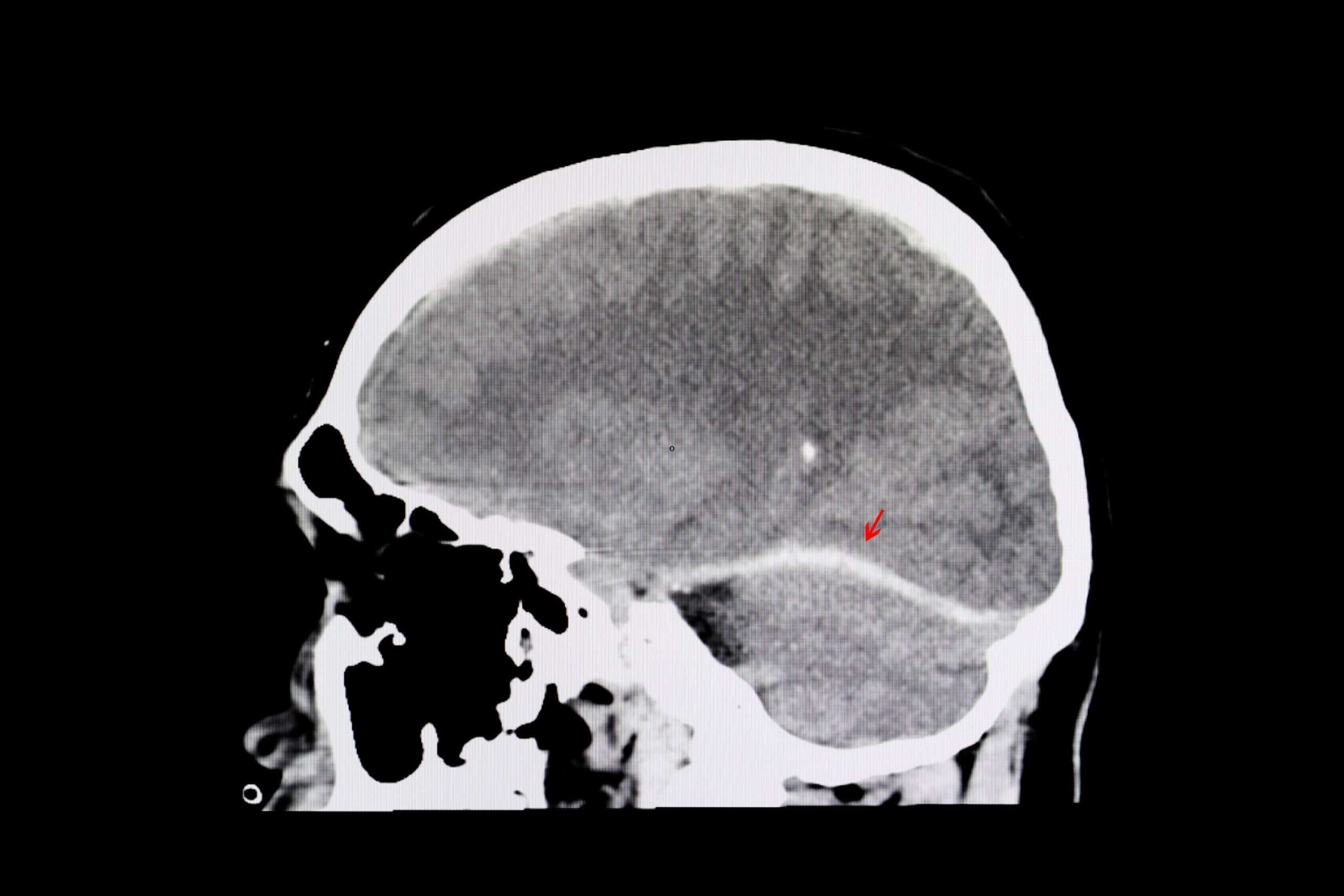
Traumatic Brain Injuries (TBIs) are a personal tragedy and a pressing workplace concern. These injuries can drastically alter the course of an individual’s life, impacting their ability to work, cognitive functions, and overall quality of life.
Despite stringent safety measures in many workplaces, accidents leading to TBIs can still occur, emphasizing the need for a comprehensive understanding of workers’ rights and the legal recourse available to those affected.
Understanding Traumatic Brain Injuries
Traumatic Brain Injuries (TBIs) encompass a range of injuries caused by a sudden blow, jolt, or penetrating injury to the head that disrupts normal brain function. The consequences of TBIs can vary widely, from mild concussions with temporary symptoms to severe injuries resulting in long-term cognitive, emotional, and physical impairments.
In the workplace context, TBIs can occur due to accidents such as falls from heights, being struck by objects, vehicle collisions, or other hazardous incidents. Understanding TBIs’ severity and potential long-term impact is crucial for employers and employees to ensure proper safety measures.
Workers’ Rights and Employer Obligations
Every worker has the right to a safe and healthy work environment. Employers hold a legal and moral responsibility to provide such an environment and to take necessary precautions to prevent accidents that can lead to TBIs.
Training and Safety Protocols: Employers must ensure that their employees receive proper training on how to use equipment safely, identify hazards, and follow safety protocols. Adequate training can significantly reduce the risk of accidents and injuries.
Personal Protective Equipment (PPE): In workplaces with a risk of head injuries, employers must provide appropriate PPE such as helmets, hard hats, or other protective gear. Properly using PPE can substantially mitigate the risk of head injuries in hazardous environments.
Regular Safety Inspections: Employers should conduct regular safety inspections to promptly identify and address potential hazards. This proactive approach can prevent accidents from occurring in the first place.
Incident Reporting and Documentation: Employees should be encouraged to report any incidents, near-misses, or unsafe conditions. Proper documentation of incidents and safety concerns helps employers take corrective measures and improve workplace conditions.
Workers’ Compensation: In cases where a TBI occurs in the workplace, employees are typically entitled to workers’ compensation benefits. These benefits cover medical expenses, lost wages, and rehabilitation costs, providing crucial financial support during recovery.

Legal Recourse for Traumatic Brain Injuries
While workers’ compensation serves as the primary means of support for injured employees, there are situations where legal recourse beyond workers’ compensation may be pursued. These include personal injury lawsuits, which can be filed if a third party, such as a manufacturer or supplier, is responsible for the TBI due to a defective product or negligence. Additionally, negligence claims can be explored when an employer’s negligence directly contributed to the TBI, such as a failure to address known hazards or provide proper safety training.
These legal avenues allow individuals to seek compensation and justice beyond the scope of workers’ compensation, especially when the circumstances of the injury warrant a closer examination of liability and responsibility.
If you’ve experienced a traumatic brain injury (TBI) due to an accident, negligence, or intentional harm, seeking legal guidance is a critical step in securing your rights and securing the compensation you deserve
Don’t hesitate—reach out to a qualified attorney today to set your legal journey in motion and pave the way for your recovery.









